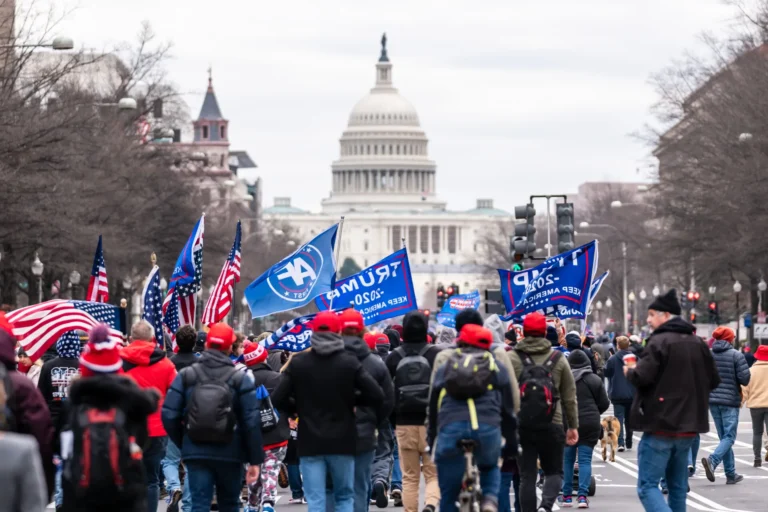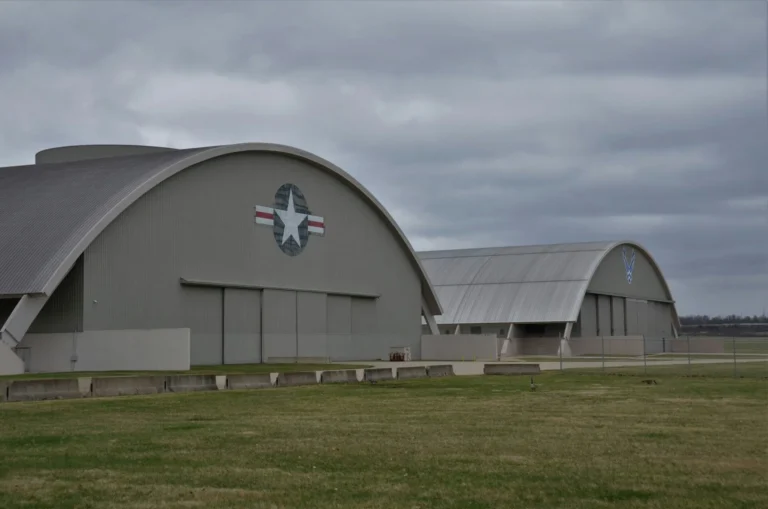By Cliff Montgomery – May 20th, 2012
“I will tell you the relationship between CIA and Special Operations Forces is as good as I have ever seen it,”Adm. William McRaven, Commander of U.S. Special Operations Command (USSOCOM), declared in a 2011congressional testimony.
“Both under [CIA] Director Panetta, and now, of course, under Director Petraeus, I think we are going to seethat relationship continue to strengthen and blossom,” he proudly stated.
The matter of our War Department’s ‘special operations’ – which naturally entails coordination between thesesecret activities and CIA covert actions – was discussed in a fascinating hearing conducted by the HouseArmed Services Committee last September. A transcript of that hearing was quietly published in February ofthis year.
The CIA and USSOCOM now share, coordinate, work side by side and freely exchange liaison officers duringoperations, stated Michael Lumpkin, then-Acting Assistant Secretary of Defense.
“Our activities are mutually supportive based on each organization’s strengths and weaknesses and overallcapabilities. Whichever organization has primary authority to conduct the operation leads, whicheverorganization has the superior planning and expertise plans it, [and] both organizations share information aboutintelligence, plans, and ongoing operations fully and completely,” added Lumpkin.
“Whether one or both organizations participate in the execution depends on the scope of the plan and theeffect that needs to be achieved. Currently all USSOCOM and CIA operations are coordinated and de-conflicted at all levels,” Lumpkin told the House panel.
But there‘s nothing to fear in all this, claimed Lumpkin.
“USSOCOM reports all of its clandestine activities quarterly through DoD to Congress for appropriateoversight,” he stated.
But as a recent Congressional report makes clear, that ‘oversight’ doesn’t amount to much.
“Interest in congressional oversight of intelligence has risen again in recent Congresses, in part because ofdisputes over reporting to Congress by intelligence community (IC) components on sensitive matters, includingdevelopments generated by the wars in Iraq and Afghanistan,” pointed out a tough indictment just published by the Congressional Research Service (CRS).
“The U.S. National Commission on Terrorist Attacks Upon the United States, commonly known as the 9/11Commission…[released a] unanimous 2004 report [that] set the stage for a reconsideration of congressionaloversight, concluding that it was ‘dysfunctional.’ ”
“Despite [… a number of] changes, several reports released during the 112th Congress by outside groups—theBipartisan Policy Center’s National Security Preparedness Group, Commission on Weapons of MassDestruction, and Council on Foreign Relations—still concluded that oversight of intelligence remained‘dysfunctional’ and ‘counterproductive.’ ”
It hardly needs to be said that this blending of CIA covert actions with the U.S. War Department’s SpecialOperations may make an already ‘dysfunctional’ oversight of our shadow armies even worse.





